How a Santa Barbara Math Professor Beat the Casinos
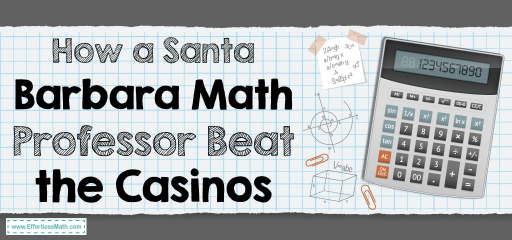
Casinos are designed to win in the long run. Every game has a built-in house edge that ensures the casino profits over time. Yet Dr. Eliot Jacobson, who taught mathematics at Ohio University and later computer science at UC Santa Barbara, became known for showing that math could sometimes tip the balance.
Jacobson devoted himself to what gamblers call “advantage play.” It is not cheating, but using math and sharp observation to tilt the odds, even if only briefly. He poured over games like blackjack, baccarat, and poker, and paid special attention to side bets that most people walked past without a second thought. He published his work in Advanced Advantage Play and often shared strategies on his blog, sometimes freely or at low cost.
Casinos took his work seriously. Some banned him from their properties, while others invited him to train their staff on how to spot and prevent advantage play. His career shows that mathematics is not just theory. It can be applied to real-world systems in ways that are both surprising and practical.
Bonus Analysis and Modern Parallels
Dr. Jacobson came to fame by studying casino games carefully and uncovering opportunities most players never noticed. That same analytical mindset applies to players chasing offers typically interesting to promotion hunters. As Wilna van Wyk, a casino expert at CasinoBeats, explains in her guide to online bonuses, headline numbers such as “200% match” or “100 free spins” tell only part of the story. The real value lies in the conditions: wagering requirements, expiry dates, eligible games, and withdrawal caps.
CasinoBeats uses the idea of “green flag” and “red flag” bonuses to help readers separate useful offers from misleading ones. A green flag bonus has conditions that are realistic and fair. For example, a 100% match with a 10x wagering requirement on slots, valid for 30 days, gives players a genuine chance to play through and withdraw winnings. A red flag bonus might advertise a huge reward, but it comes with conditions that make it nearly impossible to benefit from. That could include a 60x wagering requirement, only a few days to complete it, or restrictions that block the most popular games.
This mirrors Jacobson’s lesson. Never stop at the headline. Look deeper into the structure, whether it is a casino game or a promotional offer. A smaller, well-designed bonus can provide more value than a large but restrictive one. In both cases, the edge belongs to the person who reads carefully and thinks critically.
The Mathematics Behind Jacobson’s Strategies
Jacobson’s methods were grounded in mathematics. Probability helped him calculate the likelihood of different outcomes. Combinatorics showed how many possible arrangements existed in a deck of cards. Simulations let him test thousands of scenarios before using a strategy in practice.
In blackjack, card counting works because removing cards from the deck changes the probability of certain results. In baccarat, sloppy dealing could reveal “hole-cards,” giving players extra information. These are not tricks or cheats. They are examples of applying math to find patterns hidden from casual observation.
His work also emphasized the importance of variance. A theoretical edge means little if swings in fortune drain a bankroll before the edge pays off. Understanding both expected value and the spread of possible outcomes was central to his approach.
This offers a lesson in the value of probability and statistics. Concepts like expected value, variance, and distribution modeling are not just abstract topics. They are practical tools that can help explain unpredictable systems.
Risk, Reward, and the Ethics of Advantage Play
Advantage play is legal, but it is rarely welcomed by casinos. Jacobson was banned from properties in Las Vegas and from Chumash Casino in California. He has described being pressured by casino staff, although these accounts rely mostly on his own reporting.
The broader point is that advantage play involves risk. Strategies that succeed in theory may fail in practice. Casinos can change rules, increase surveillance, or act quickly to shut down vulnerabilities. Players who try to exploit games risk losing money or being excluded.
Risk analysis matters well beyond casinos. Cybersecurity specialists look for weak points before attackers do, in a process known as ethical hacking. Financial analysts model possible losses and gains. Regulators adjust laws to close loopholes. All of these practices echo Jacobson’s core message: study the system carefully, weigh the risks, and act with caution.
In 2025, the Texas Senate passed Senate Bill 517 to redefine gambling devices and tighten oversight, but the measure did not become law. Proposals like this show how small rule changes can shift what is possible, just as casinos altered games to remove weaknesses once Jacobson exposed them.
Lessons for Students and Math Enthusiasts
One of Jacobson’s trademarks was openness. He kept his book affordable, sometimes gave away copies, and ran a blog with free analyses. His philosophy was that math should make hidden systems easier to understand, not harder.
Anyone can adopt the same approach. In Texas, the Research Experiences for Undergraduates program at Texas State University offers projects in algebra, combinatorics, and statistics, the very fields Jacobson relied on. These programs encourage students to think critically, test ideas, and communicate results clearly.
A simple exercise shows how this works in practice. Imagine a bonus that offers a $100 match with a 20x wagering requirement. That means you must wager $2,000 before withdrawing any winnings. If you only have a small bankroll, that requirement may be too steep to complete. Running the numbers first shows whether the offer is realistic. This kind of analysis applies to more than gambling. It is the same habit you use when checking probabilities in science, finance, or even everyday decisions.
For math enthusiasts outside formal education, the lesson is similar. Practice curiosity. Solve probability puzzles. Build small computer simulations. Analyze patterns in sports or games. These exercises build the same habits Jacobson used: looking beneath the surface to understand how systems really work.
Broader Applications of “Advantage Play” Thinking
Jacobson once said that “every game can be beaten” under the right conditions. His remark may have been rhetorical, but it points to something real: complex systems usually have small flaws that careful analysis can expose. His comment was partly rhetorical, but it touched on a simple truth: most complex systems have weak spots that careful analysis can bring to light.
The same idea shows up well beyond casinos. Coaches study data to spot overlooked tactics. Engineers test systems to find weak points before they fail. Medical researchers analyze patterns to detect early signs of disease. In each case, math helps uncover opportunities or risks that are not immediately obvious.
In Texas, debates about gambling highlight another form of advantage analysis. The governor came out in favor of legalizing online sports betting, while critics warned about the risks of expansion. Both sides turned to numbers and forecasts to back up their arguments. The principle is the same as in Jacobson’s story. The advantage belongs to those who understand the numbers and ask the right questions.
Conclusion
Dr. Eliot Jacobson’s career shows how mathematics can step out of the classroom and into real life. His work on advantage play never erased the house edge, but it did show that under certain conditions, players could find a temporary edge.
The broader lesson is not about gambling. It is about disciplined analysis. Whether studying a casino game, evaluating financial risk, or testing scientific data, the principles remain the same. Learn the rules. Run the numbers. Think critically about what lies beneath the surface. This mindset, more than any single strategy, is what truly gives someone an edge.
Frequently Asked Questions
What is a growing pattern?
A growing pattern is a sequence where each term increases according to a specific rule or formula. In mathematics, identifying and understanding these patterns can greatly assist in solving problems and making predictions. For example, Dr. Eliot Jacobson used his deep understanding of patterns in casino games to develop strategies that momentarily shifted the odds in his favor. In educational settings, recognizing growing patterns helps students develop foundational skills in algebra and number sense, crucial for advanced math topics. For more insights into patterns and their applications in math, exploring topics like sequences in math can be very helpful.
What is the rule for a growing pattern?
In mathematics, a growing pattern refers to a sequence where each term increases according to a specific rule. For example, in the context of Dr. Eliot Jacobson’s work, understanding growing patterns could relate to tracking how the probability of certain game outcomes changes under different conditions. The rule of a growing pattern might be a simple addition (e.g., adding 2 each time) or a more complex formula involving multiplication or powers, depending on the scenario. Recognizing and analyzing these patterns can be crucial for strategic decision-making in games, just as it was for Jacobson in advantage play. Understanding these principles can also be helpful in educational contexts, such as preparing for math exams or improving problem-solving skills.
Is a chord equal to its arc?
No, a chord is not equal to its arc. In geometry, a chord refers to a straight line segment whose endpoints both lie on the curve of a circle. An arc, on the other hand, is a portion of the circumference of the circle between two points. The length of an arc is generally greater than the length of the chord connecting the same endpoints, unless the chord is a diameter of the circle (the longest possible chord), in which case the arc can be a semicircle, and their lengths are different. Understanding these geometric principles can be as crucial as understanding the odds in games, much like how Dr. Eliot Jacobson applied mathematical strategies to gain advantages in casino games.
Related to This Article
More math articles
- 7th Grade M-STEP Math Worksheets: FREE & Printable
- Ratio Tables
- 10 Most Common 3rd Grade NYSE Math Questions
- Using Number Lines to Add Two Negative Integers
- Ratio, Proportion and Percentages Puzzle – Challenge 28
- How to Use Substitution to Solve a System of Equations: Word Problems
- ASTB Math FREE Sample Practice Questions
- 7 Best Digital Pen Tablets for Online Math Teaching in 2026
- Area of a Triangle
- 8th Grade OAA Math Worksheets: FREE & Printable
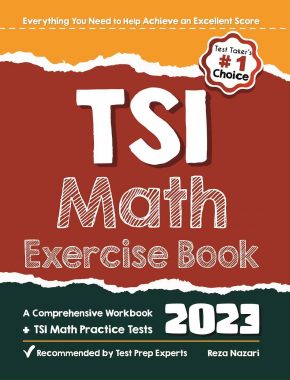
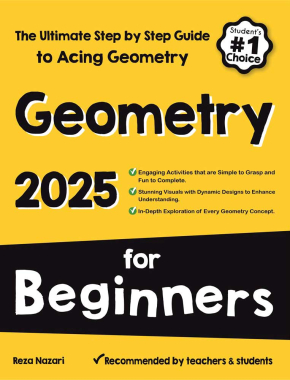
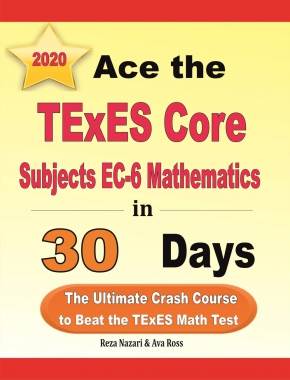
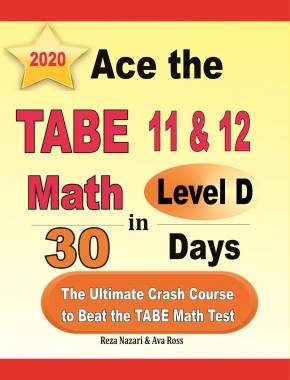
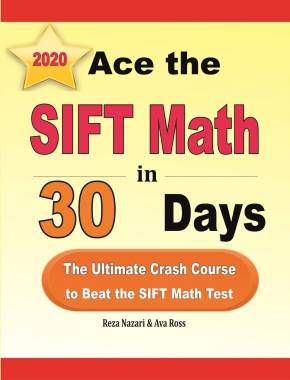
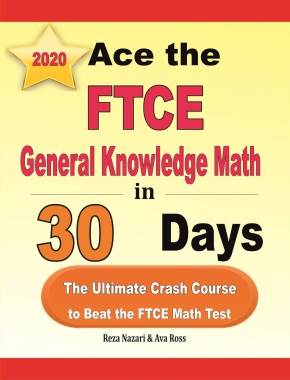
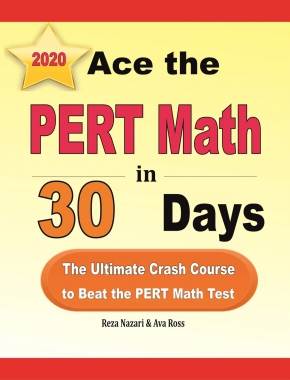
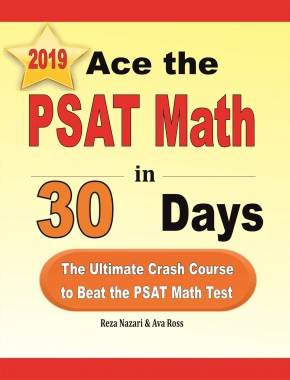
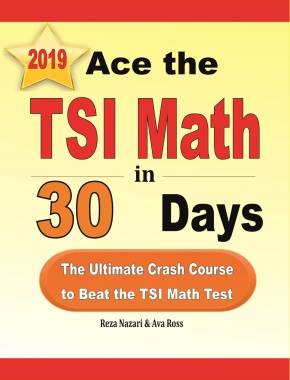
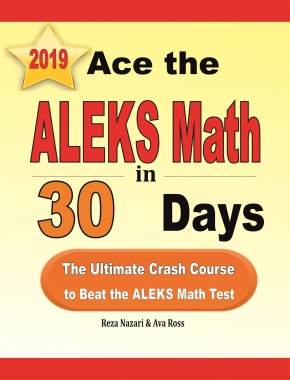
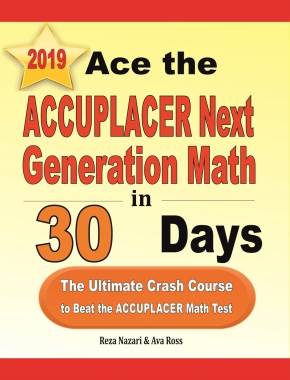
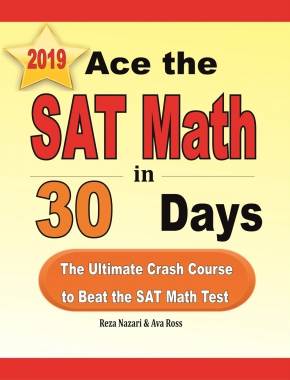
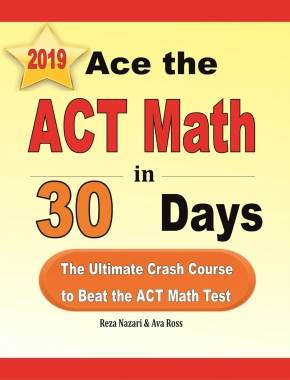
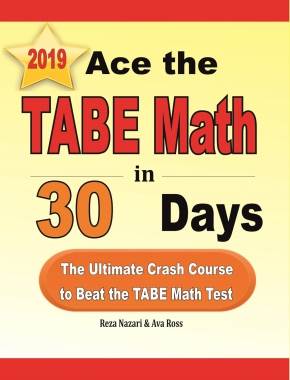
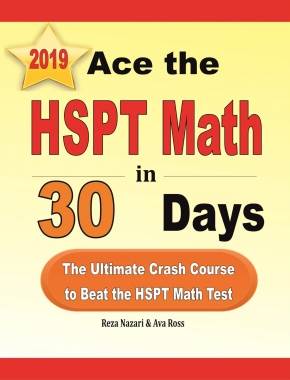
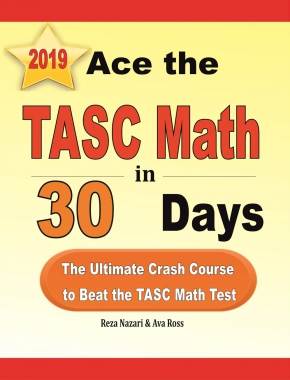
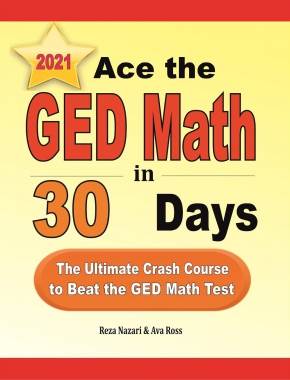




















What people say about "How a Santa Barbara Math Professor Beat the Casinos - Effortless Math: We Help Students Learn to LOVE Mathematics"?
No one replied yet.